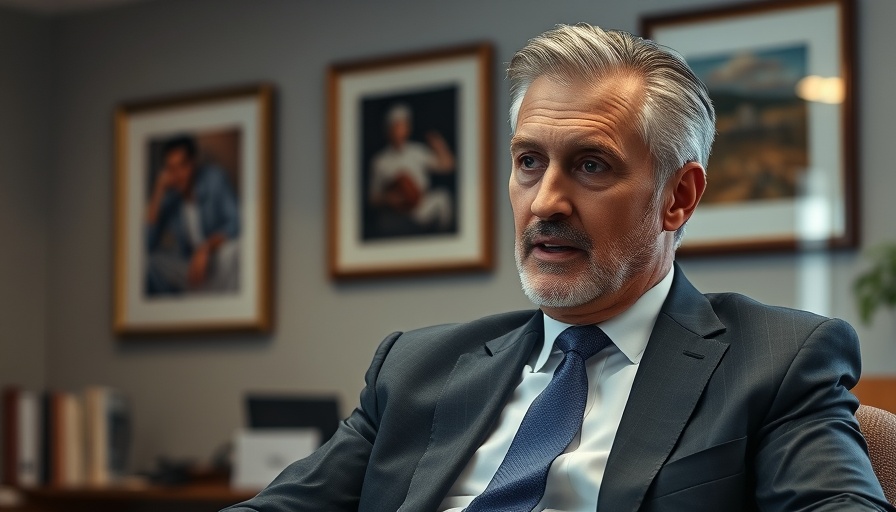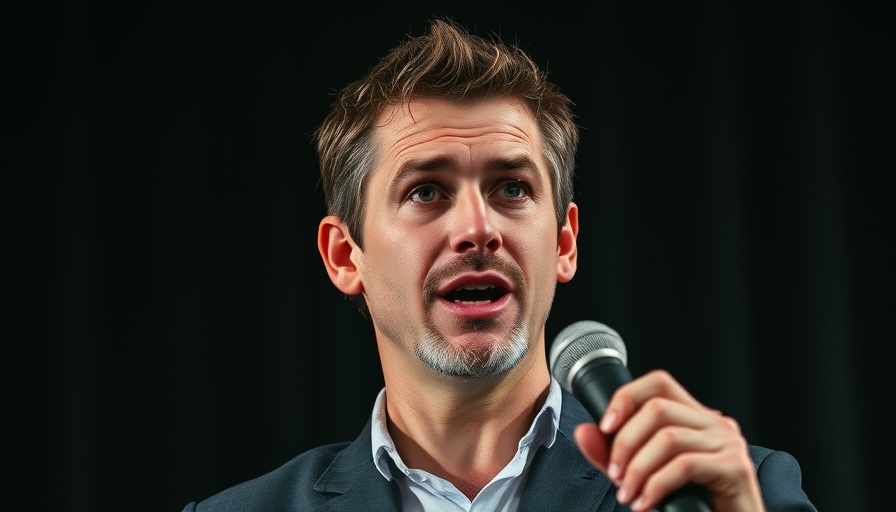
Revisiting the JFK Assassination: A Conspiracy Unveiled
In recent discussions surrounding the controversial release of JFK files, a provocative assertion emerges: are conspiracy theorists actually closer to the truth than mainstream narratives? In a recent episode of her podcast, Candace Owens tackled the JFK files and suggested that the widespread skepticism surrounding the assassination points to a more profound manipulation by powerful interests.
In So… The 'Conspiracy Theorists' Were Right About JFK, the discussion dives into JFK's assassination and its implications, making us delve deeper into the conspiracies surrounding this event.
Owens contends that the term "conspiracy theorist" has evolved. It now signifies individuals who question mainstream media narratives. She emphasizes the role of the military-industrial complex in influencing U.S. foreign policy—a theory posited by former President Dwight D. Eisenhower. Eisenhower's warning gives context to the power dynamics that would shape the landscape during JFK's presidency and beyond.
Understanding Eisenhower's Warning
In his outgoing speech, Eisenhower cautioned Americans about the emerging military-industrial complex that would wield significant power over national policy. He urged that only an informed public could counter this looming threat. Kennedy, who took office in 1961, appeared to embody Eisenhower's concerns. His strong opposition to Pearl Harbor-style interventions suggests a president at odds with a system eager for war.
The Military-Industrial Complex and the JFK Assassination
Owens brings forth the notion that JFK's desire for peace and reluctance toward military intervention perhaps posed a direct threat to entrenched interests within the government, notably the CIA. JFK's push for transparency regarding foreign funding and lobbying, specifically concerning Israeli lobbying groups, raises significant questions about motivations leading up to his assassination.
Does the Evidence Align with Conspiracy Claims?
What is striking about the discussions around JFK's presidency and assassination is the cumulative evidence of a complex web of interests that might have desired his removal. The increase in military aid and the pro-war policies initiated under President Lyndon B. Johnson, following JFK's assassination, raises eyebrows. Many argue that this shift came at a time when Kennedy was attempting to curb such influence, making his untimely death appear suspicious.
This narrative leads to deeper reflections on the extent to which foreign influences operate within American politics. The challenge is to encourage a conversation without invoking the label of anti-Semitism, a frequent tactic used to dismiss valid inquiries into these relationships.
Call to Action: Seeking Truth in Complexity
As conversations about history and current events unfold, it becomes imperative for citizens to critically engage with the information they encounter. Drawing from the content of Owens' podcast encourages listeners to peel back layers of complicity in foreign and domestic policy alike.
Dig deeper, read critically, and maintain skepticism about the narratives presented in mainstream media. After all, being informed could potentially uncover truths long obscured by layers of historical revisionism.
 Add Row
Add Row  Add
Add 




 Add Row
Add Row  Add
Add 

Write A Comment